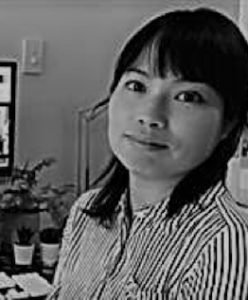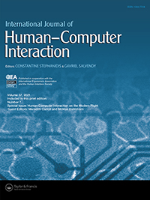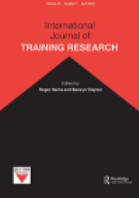Dr Yoriko Kikkawa is a dedicated GIER research fellow with expertise in research and understanding behaviours and practices from cross cultural and cross disciplinary perspectives. Arriving as an exchange student over 20 years ago with a Bachelor of Education and a keen curiosity in the cross-cultural differences between education in Japan and Australia, Yoriko now specialises in innovative qualitative research.
 In her Master’s and Doctoral dissertations, Yoriko developed an innovative qualitative method for investigating a social practice across different cultural groups (viz., Japan and Australia), to uncover different mindsets and how these led to differences in behaviour/practice, specifically for teaching approaches for children with autism.
In her Master’s and Doctoral dissertations, Yoriko developed an innovative qualitative method for investigating a social practice across different cultural groups (viz., Japan and Australia), to uncover different mindsets and how these led to differences in behaviour/practice, specifically for teaching approaches for children with autism.
As a proud mother to a budding young dancer, Yoriko keeps busy juggling roles between motherhood and academia. She specialises in qualitative research across professional and practice-based learning environments, including work in Aviation pilot training, where mindset and behavioural research applies to pilot simulation training.
Yoriko says:
“Interview methods usually highlight something going on. It often leads to further research investigating into why people do what they do. Research across cultures or disciplines is a way to find a new discovery in a field by looking at a practice from different perspectives. I realised that even between different fields and areas, there are teaching and learning aspects that are similar. For example, there are learning content to be taught, learners and teachers involved, and teaching methods evolving in each field. Social practice is a similar thread running throughout, what they do is similar, how they do it is different.”
In 2020, Yoriko was awarded an Advance Queensland Industry Research Fellowship in collaboration between Griffith Institute for Educational Research and Mater Education.
Within the fellowship, she has established a project adding another healthcare discipline: intensive care unit training for healthcare workers within a highly infectious COVID-19 environment. Leveraging cross-cultural, cross-sector and cross-disciplinary research approaches allows her to observe what is ‘invisible’ to others.
Yoriko says:
“Some elements of social practices are often invisible to those in the field as embedded in their everyday practice — common sense. When educational researchers come in the field without pre-assumption, they asked ‘silly’ questions to professionals in the field. At Mater education, we are looking at simulation based training for advanced life support, within a COVID environment. We have developed new programs to train healthcare workers in dealing with COVID 19 patients. We look at impact of pandemic conditions on individual and team performance and look for program improvements with qualitative methods that were used in education and aviation research.”
Using innovative methods developing during her PHD, Yoriko is working with other researchers to investigate professional boundaries and training programmes for patients in this important real world research scenario.
To read more of Yoriko’s collaborative work please see her Griffith experts page and read more below:



 Behavioural Support in Japan
Behavioural Support in Japan
